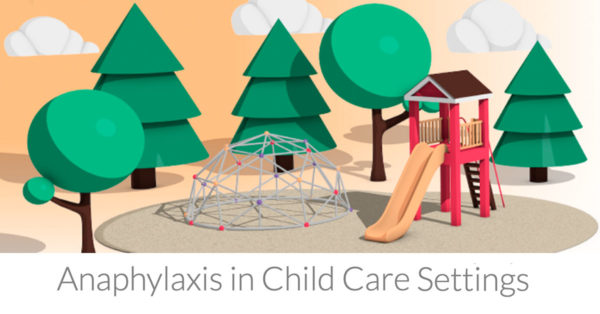Food Allergy Q & A
Allergies are one of the most common health conditions affecting children and the number of children with food allergies is unfortunately on the rise.

Q: What is a food allergy vs. a food intolerance?
A: People with a food allergyhave an immune system that reacts to a protein found in food. Usually a food allergy comes on suddenly and can be triggered by even a tiny amount of food. A food intolerance does not involve the immune system, so symptoms are generally less severe than a food allergy. Digestive problems are common complaints associated with a food intolerance such as lactose intolerance.
Q: What are the most common food allergens?
A: These eight foods or food groups account for 90% of food-induced allergic reactions:
- Milk
- Eggs
- Peanuts
- Tree nuts
- Wheat
- Soy
- Fish
- Shellfish
Q: What are the symptoms?
A: Symptoms of food allergy may include hives, vomiting, diarrhea, cough/difficulty breathing and swelling occurring usually within minutes to up to two hours after exposure/ingestion of the allergenic food.
Q: How are food allergies diagnosed?
A: A child’s physician may diagnose a food allergy based on medical history and/or blood tests. The doctor may also refer a child to an allergist for skin testing. An allergist takes a thorough look at medical history and considers whether to do a blood test and/or perform skin tests, which identifies food-specific antibodies.
Q: How can food allergies be managed at child care?
A: Most importantly, strict avoidance of the food allergen. At child care a child’s allergies must be communicated by the parent/guardian to the program. Then are many necessary steps to take to ensure safety when enrolling a child with food allergies. Staff members must be ensured they are aware of a child’s food allergy; how to help the avoid certain foods; what to do if there is an allergic reaction; and, in case of an anaphylactic reaction, how to administer epinephrine.
It is imperative child care providers receive training on food allergies and now a MN DHS licensing requirement for child care staff. To schedule an allergy training for your child care program, contact Sarah Hawley at MN Child Care Health Consultants and schedule our Develop approved Course “Preventing and Responding to Allergic Reactions and Medication Administration for Child Care Staff”Course ID # 164016.
For more information on this course and to inquire please visit:
https://mncchc.com/preventing-responding-to-allergic-reactions-medication-administration-for-childe-care-staff/
Source: Children’s Health & FARE
